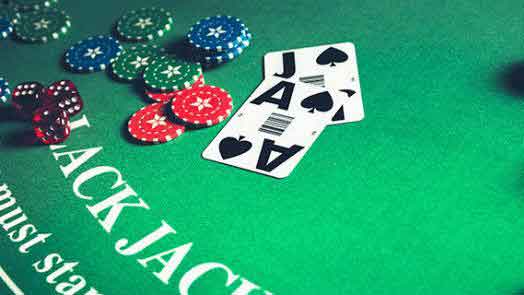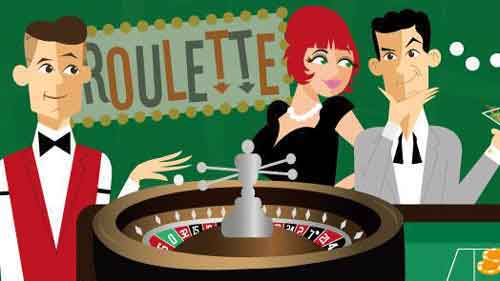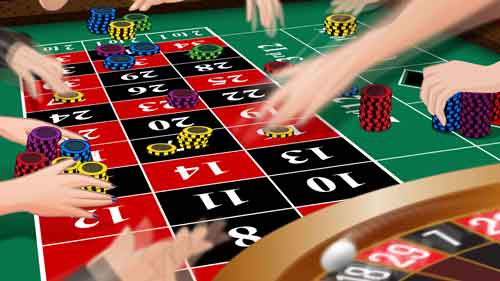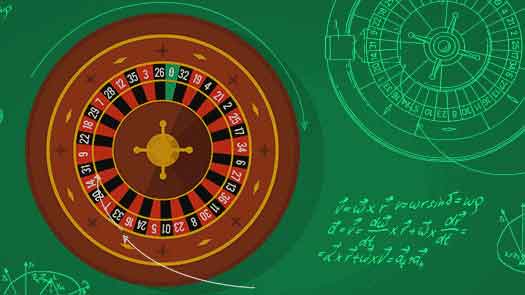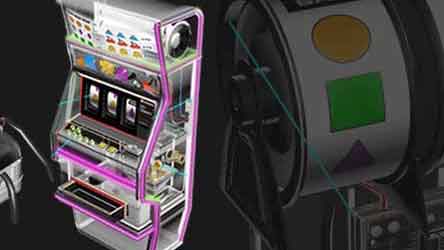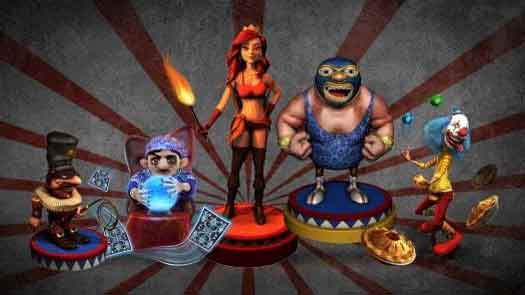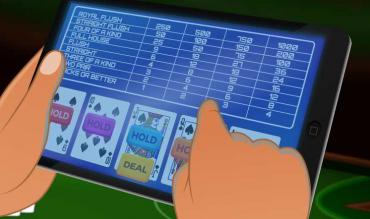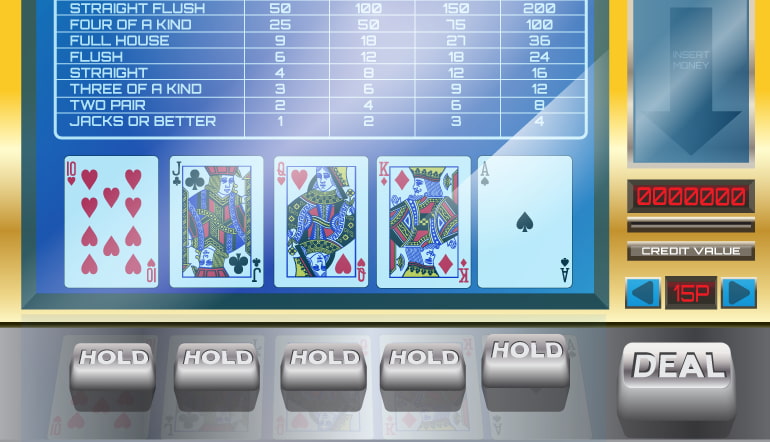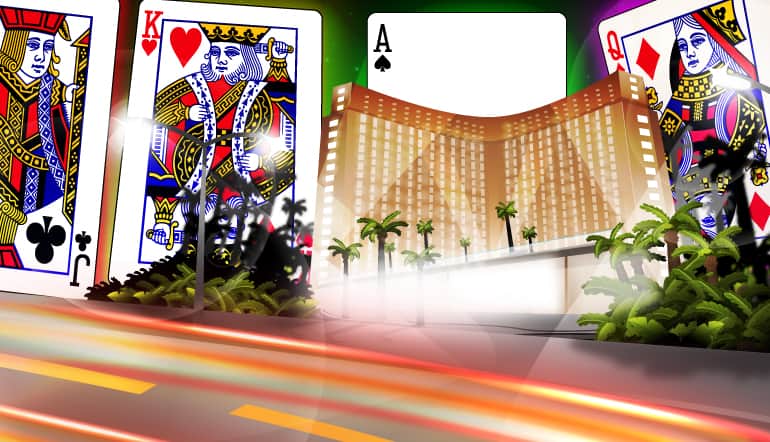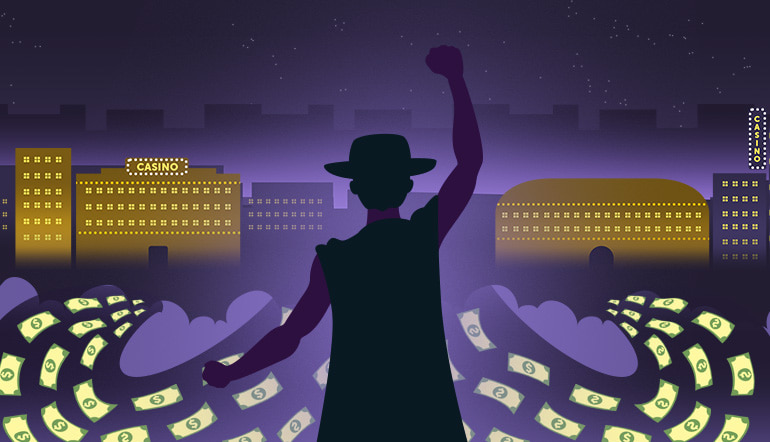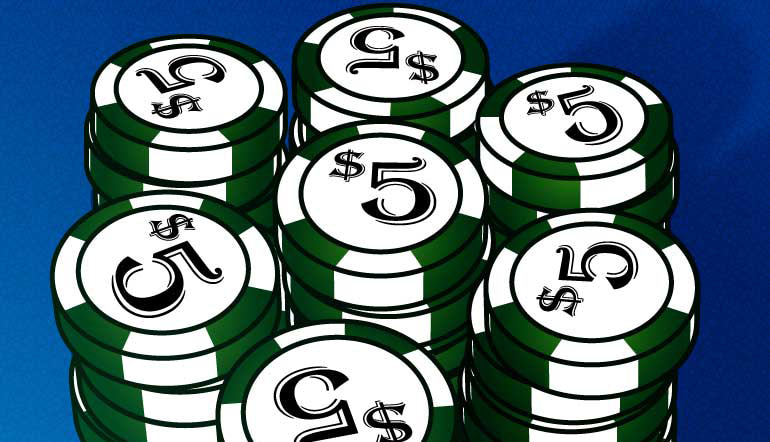Casino history is reach and fascinating. The word casino is a derivation from the Italian meaning little house. In the days of old, it referenced a pavilion-like structure ensconced within the grounds of a sprawling villa. Those who frequented this little house were often partying until the early hours of the morning. These casinos were filled with song and dance and plenty of games of chance.
These venues quickly became the talk of the town. Word spread that merriment aplenty could be enjoyed at these casinos. Within short order, the gaming component became the most notable feature. One day, these casinos developed into major gambling establishments. It is believed that Monaco was first to build a truly majestic modern-day casino.
Historians agree that Europe had a monopoly on casinos in the early years. Indeed, without the French, it is unlikely that casino games would be as incredibly exciting as they are. It was the French who invented playing cards back in 1387, and it was the Germans who printed the world's first deck of casino cards in 1440. Many of the casino games we play today are simply upgrades of hitherto known games.
Even the larger-than-life Napoleon was a known blackjack player; his love of Vingt-et-un was widely documented. Further afield in the British Isles, more casino games were being developed with the British game of Hazard, later becoming known as craps. For the poker players among us, we have many cultures and civilizations to thank for this ranking card game, including the English, the Italians, and the Persians.
Table of Contents
Craps and Slots History
Notable craps players like John H. Winn brought the ‘Don’t Pass’ Bet option to the game of craps. This dramatic innovation gave the house an edge over players, so they didn't have to do cheat any more. For the slots aficionados, many dramatic innovations were taking place in the 19th century, with the UK and the US simultaneously developing slot machines for players. Various types of mechanical reel systems were developed, allowing symbols to line up in combinations on the reels.
Perhaps the most famous inventor and creator in this realm were the esteemed Charles Fey, of San Francisco. His slot machine game, the Liberty Bell reigned supreme for decades. It featured 3 spinning reels and a pull lever with a single coin.
Players were required to match bells, horseshoes, hearts, diamonds, or spades. Later on, Herbert Mills took over the action, out of Chicago Illinois. His slot machines included 20 symbols and 8,000 combinations.
New symbols were added to the reels, including fruits, hence the moniker, Fruit Machine. The 1960s, 70s, 80s, 90s and beyond saw incredible developments taking place with leading manufacturers like Bally, IGT, WMS Gaming, Aristocrat Leisure Ltd, and others jazzing up their slot machine games and making them modern-day technological marvels.
The Fascinating History of Casino Games
We pay tribute to the ancient Chinese who likely crafted the world’s first gambling games. It is said that the Chinese were the first known gamblers, around 2300 BC. Gambling historians have unearthed evidence of an ancient Chinese game where players used tiles for gambling purposes.
Impressive though that may be, archaeologists believe that it was the people of Mesopotamia who were known to play actual dice games, where pips were used in place of numerals. There is also plenty of evidence to corroborate the use of limestone dice in ancient Egypt, 600 years before the birth of Christ.
Careful analysis of gambling history reveals that dice games were among the most popular gambling games of all. True to form, the gamblers used bones of sheep and swine, fashioning out square-shaped objects which were then marked on each face. Even the mighty Roman Empire under the reign of Julius Caesar referenced the die being cast when Roman forces crossed the Rubicon River.
The ancient Romans have known gamblers, routinely engaging in betting treasury funds on a roll of the dice. Lawmakers in Rome decreed that children must learn to throw dice and gamble, and one of the Roman emperors even had his carriage outfitted to permit dice games while he was en route. Such is the fascinating history of gambling games that it was only a matter of time before gambling houses came to be.
Gambling in Venice 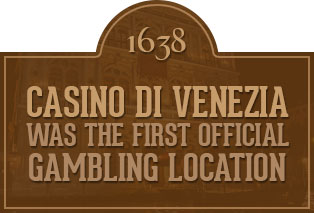
Every culture has a story to tell about gambling activity. Often, these tales are steeped in folklore and inextricably intertwined within the very fabric of society. It is well documented, albeit unofficially, that gambling dens were often conjoined with houses of ill repute.
These establishments likely existed in many cities and towns all over the world, but their presence was kept under wraps for fear that the authorities might shut them down. Nonetheless, it was Italy which established the world's first recorded casino, in the year 1638.What a fine venue it was in Venice; a grandiose gambling enclave, resplendent and majestic in all its opulence.
This gambling house was the Ridotto, and it even won favor from the Great Council of Venice to conduct gambling activity during carnival season. This spectacular establishment was maintained by the Venetian government, and they spent a bundle on decor and design, delivering an unforgettable experience for the well-heeled players who would frequent the establishment. It stayed open until the 18th century, at which time it was proclaimed that gambling was illegal. Although the casino still stands, it moved to Ca’ Vendramin Calergi in the mid-20th century.
Onward we go, gambling gets a green light in Europe
Expansion of gambling activity began to take root in the 18th century. State-sanctioned lotteries were legal, and soon thereafter gambling games came into favor once again. A prominent clergyman by the name of Cardinal Jean-Theodore of Bavaria allowed the construction of the Redoute Casino and Spa (La Redoute Spa) in 1762.
The Belgian establishment was subjected to many difficulties over the years including prohibition, but it now stands tall under its new name, Casino Spa. The Germans wasted no time setting up their own casinos, and by 1765 the town of Baden-Baden opened up a bathhouse.
As expected, the leisure-laden activities there also included gambling. While gambling was prohibited, local government officials had no problem using gambling proceeds to provide for infrastructure growth and development. Nowadays, Casino Baden-Baden is one of the most revered classic casinos.
The Vaux Hall in Belgium was equally popular, but this was decades before one of the world's most famous gambling games was even conceived – the roulette wheel. The runaway success of Blaise Pascal's invention would ultimately be universally adopted and become the poster child of casinos the world over.
The 19th-century was an auspicious period for the casino industry. Monte Carlo, the world's most desirable hotspot at the time was besotted with the concept of casinos. The Prince of Monaco gave his permission for the first casino to be built. It was to host a bathing house, fine dining, and extraordinary casino games. Known as the Villa Bellavue, this resort cut a fine form with gamblers. The year was 1856.
The casino, swank though it was, struggled to attract the well-heeled from across Europe. Enter François Blanc who decided to build a year-round casino establishment in Monaco. And where else but the newly created province of Monte Carlo would it be built.
The name of this dazzling venue was Le Grand Casino de Monte Carlo. No discussion of casino history is complete without paying tribute to this spectacular resort which is universally revered among the who's who of the gambling world.
Saloons and Gambling Games
But alas, we must take a step back and examine what was happening on the other side of the world, across the pond in the New World. Around this time, settlers from far and wide were exploring frontier lands and they stumbled upon a fantastic supply of gold in the United States.
This was a watershed moment for many reasons. To cater to growing populations, business people within towns started setting up all sorts of retail outlets, including the iconic saloon.
These wooden structures, replete with beer, whiskey and other hard liquor ranked among the most frequented hotspots during the frontier days. Blue-collar folks, out-of-towners, and local officials would often be found huddled around rickety tables knocking back shots and playing all manner of gambling games. Consequently, these saloons became synonymous with gambling establishments and this ignited a firestorm of interest among players.
Frontier towns were not the only places where old school ‘casinos’ could be found; riverboats were equally popular. These beautifully decorated gambling riverboats made their way up and down the Ohio River and the Mississippi River, carrying throngs of impressionable players.
It was deemed quite fashionable to partake in riverboat gambling, and this luxury was enjoyed by people of distinction at the time. One might be mistaken for believing that Las Vegas was even a concept at that point, at least not the way it is known today. It took many mobsters and many dead bodies to bring Las Vegas to life. More of that fascinating story next!
Casino History in Las Vegas
Las Vegas is a veritable oasis in the middle of the desert. The iconic Vegas sign reads ‘Welcome to Fabulous Las Vegas’, and that's precisely what this city is to everyone who has the pleasure of frequenting it. We have already established that the British colonialists to the New World brought gambling games with them in the 1500s.
The gambling houses that developed around that time were generally well-regarded. Many British American colonies relied on lotteries to raise funds for schools and universities, and the prohibition of gambling activity was limited, if not absent.
Recall those riverboat casinos of the Ohio River and the Mississippi River? New Orleans became the epicentre of casino activity in the United States. Gamblers from far and wide started pouring into the United States from the 1820s onwards.
Over the years, many casino cheaters decided to come and play their trade on these riverboats, but the Civil War of 1861 put paid to the riverboat casino industry. It took 130 years before riverboat casinos were legalized in the states of Louisiana and Illinois.
Las Vegas was frontier territory in those years, nestled in no-man’s-land where outlaws reigned supreme. The Gold Rush of the 1800s was a major catalyst for population growth and expansion out West. The frontier territory was now in hot demand.
Prospectors wasted no time hitching their wagons to their horses and mules, and making the perilous trek out West. Initially, San Francisco was home to all sorts of gambling activity, and ultimately legislation forced the shuttering of scores of gambling enclaves.
Many popular gambling towns and cities started sprouting up all over the place, including Kansas City, Dodge City, Deadwood, and Denver. The local bars a.k.a. saloons were a favourite haunt for gamblers. Popular games at the time included Three Card Monte, Poker, and Brag. One of the most legendary card players of the Wild West was none other than lawman Wild Bill Hickok. Like so many notorious gamblers, he too ended up dead, holding Aces and Eights – the eponymous Dead Man's Hand.
The Oldest Operational Casino in the US
We are inching our way towards Nevada now, decades before the state-sanctioned gambling activity. Back in 1906, a gambling establishment was known as the Golden Gate Casino officially opened for business. It was situated on Fremont Street in Las Vegas, and the casino’s 10' x 10' rooms drew in crowds from all over the country. Originally known as Hotel Nevada, it is the oldest operational casino in the US.
It's hard to talk about casino history in Las Vegas without mentioning the celebrities of the time, including Frank Sinatra and Marilyn Monroe. In the 1960s, Frank Sinatra was the owner of the Cal Neva Casino, and many high-profile guests attended, including the legendary Sammy Davis Jr, Dean Martin, and Joe DiMaggio.
It was around this time that the mobsters started getting their hooks into Las Vegas. Recall that gambling was largely prohibited across the US, resulting in many of these businesses going underground. The mob controlled much of this activity and sold lots of cigarettes and bootleg liquor in the process. They made a mint from their illegal operations and wanted to invest in legit businesses elsewhere.
As soon gambling was legalized in Nevada, the mobsters from Chicago, New York, and elsewhere saw their opportunity. They decided to ply their trade in Las Vegas, Nevada. They took their money from bootlegging, gambling and racketeering with them to Las Vegas.
Many fearsome characters set up shop in the heart of Las Vegas, including the notorious Lucky Luciano, Frank Costello, Bugsy Siegel, and Meyer Lansky. The mob component of gambling activity in Las Vegas often overshadows all the legal initiatives and developments that have taken place over the years.
Hollywood has popularized the Chicago outfit, perhaps even immortalized them as heroes of our cultural zeitgeist. Many iconic films have been produced, attesting to the mob influence of Sin City’s casino history.
Today, Las Vegas is run by a handful of corporations, including MGM Resorts, Caesars Entertainment, Boyd Gaming, and Station Casinos. The city of Las Vegas is home to an estimated 100 casinos; an incredible number since the legalization of gambling in 1931.
There are several dozen casinos on the Vegas Strip, under a dozen off the Strip, with scores more located in the greater metropolis. One thing’s for certain: our casino history is still being written. We’re nowhere near the final chapter of our engaging story…
